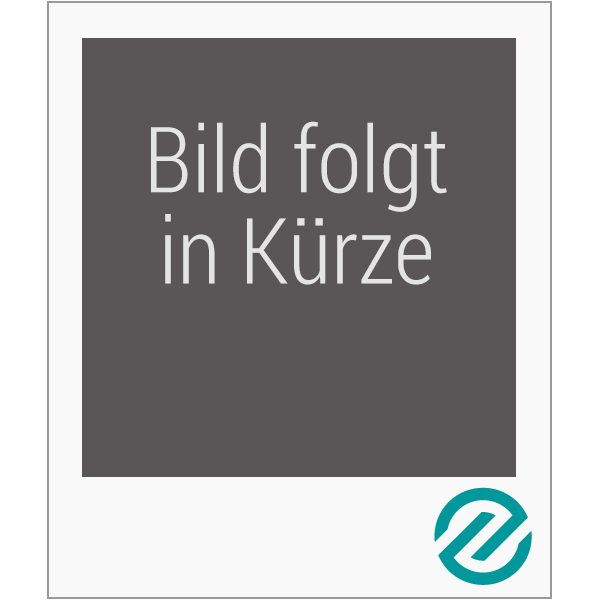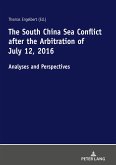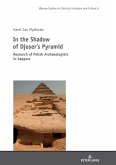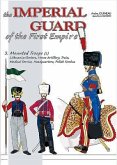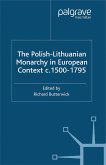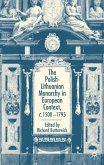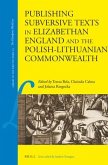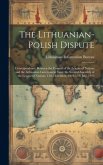This book reconstructs fundamental aspects of family organization across historical Poland-Lithuania, one of the largest political entities in early modern Europe. Using a plethora of quantitative measurements and demographic microsimulation, the author captures and elucidates the complex patterns of leaving home and life-cycle service, marriage and household formation, along with domestic group structures and living arrangements among different subpopulations of Poland-Lithuania, highlighting a variety of ways in which these patterns were nested in their respective local and regional contexts. By showing that at the end of the 18th century at least three distinct family systems existed in the Polish-Lithuanian territories, Szoltysek challenges a number of orthodoxies in the 'master narratives' on the European geography of family forms of F. Le Play, J. Hajnal, P. Laslett, and their followers. Volume two of the book contains an extensive bibliography along with a thorough archival documentation of the census-like microdata used in the book, and provides detailed information on their quality and further technicalities pertaining to data analysis.

